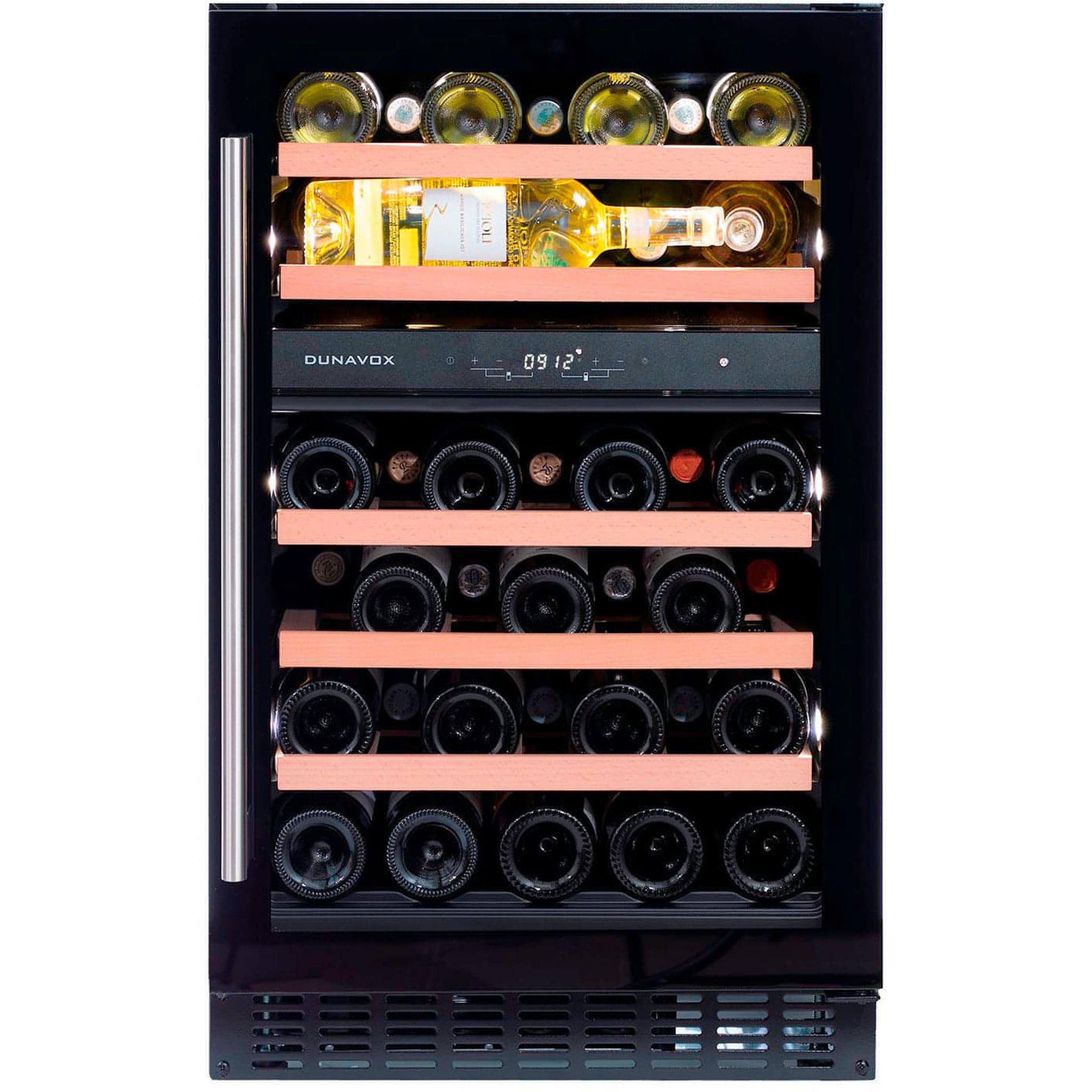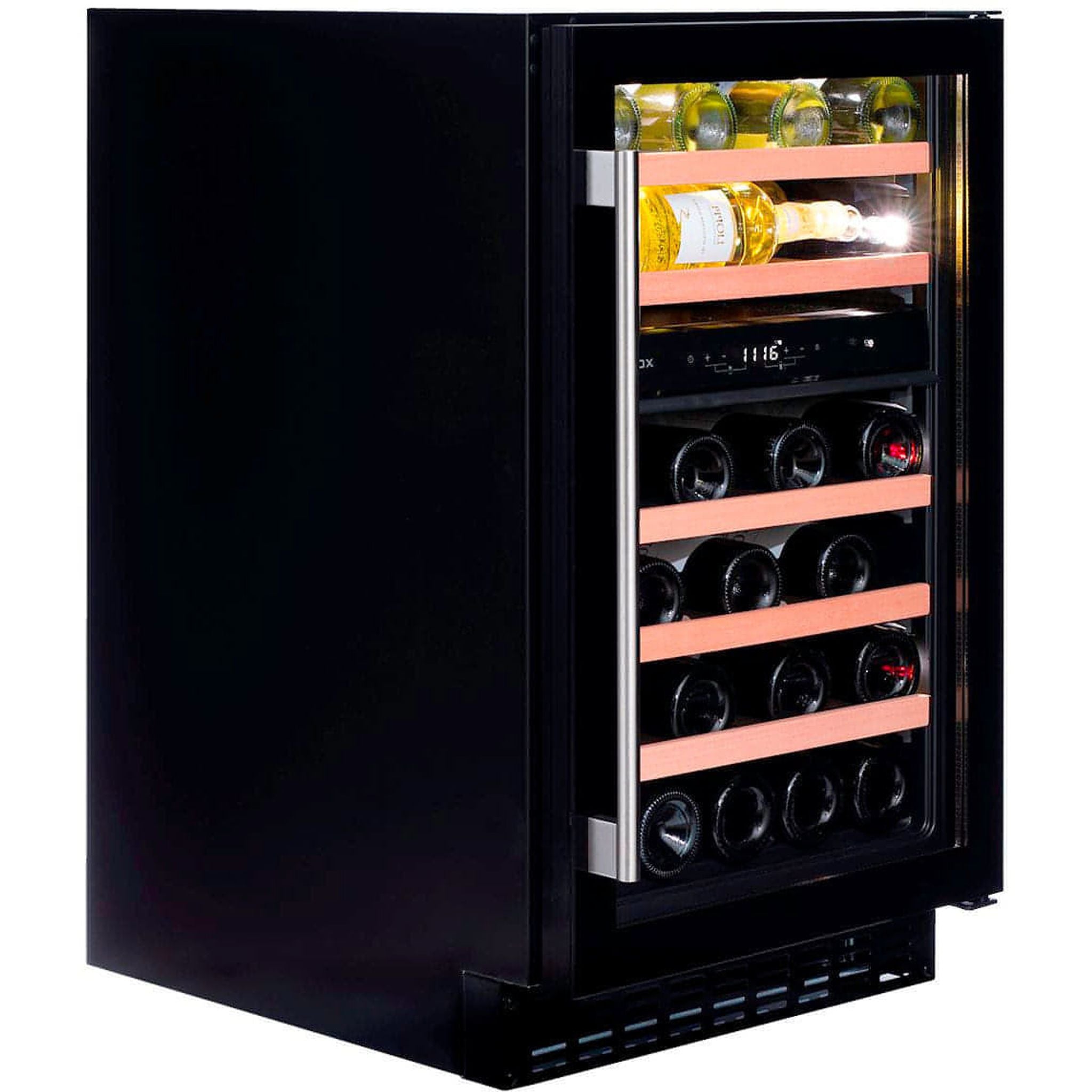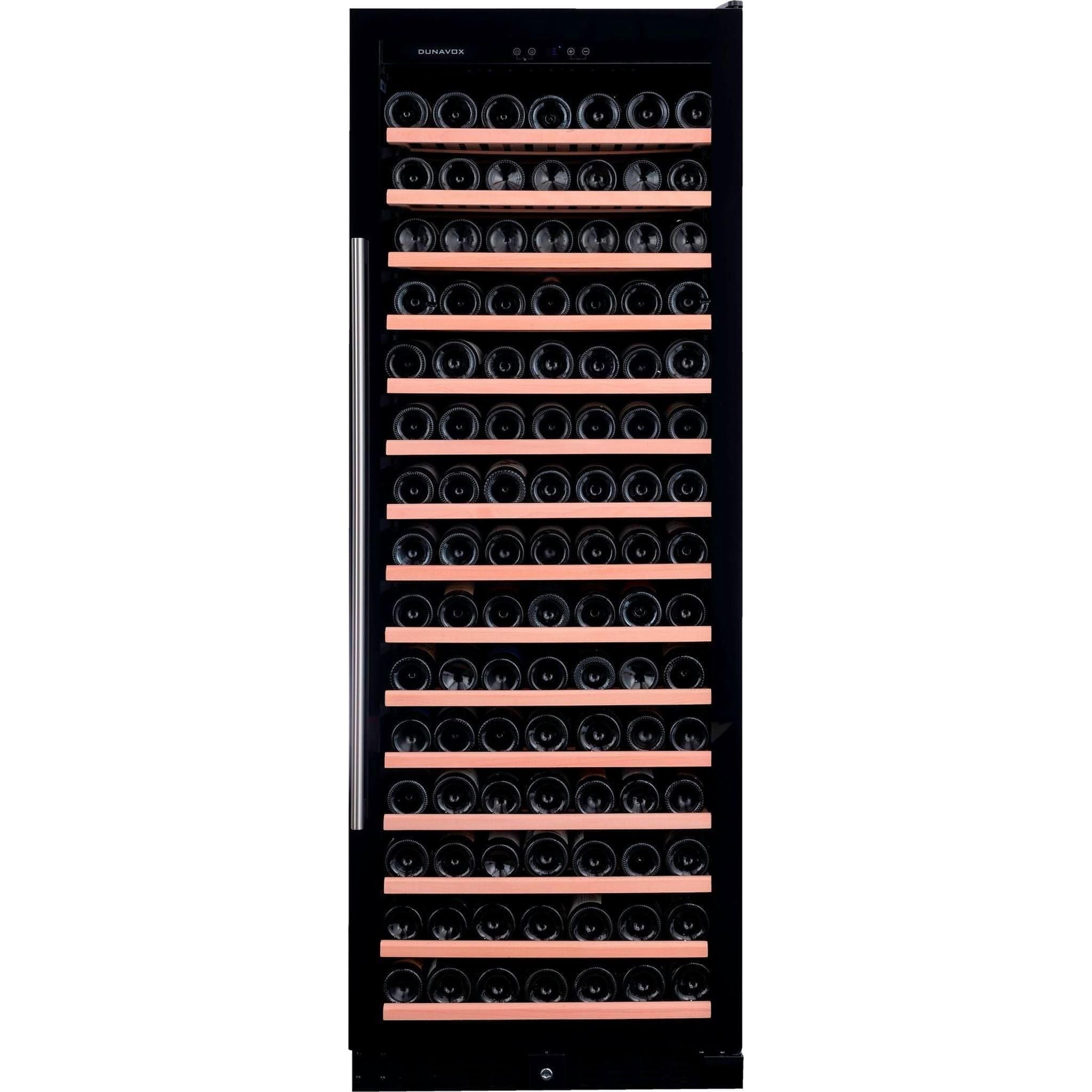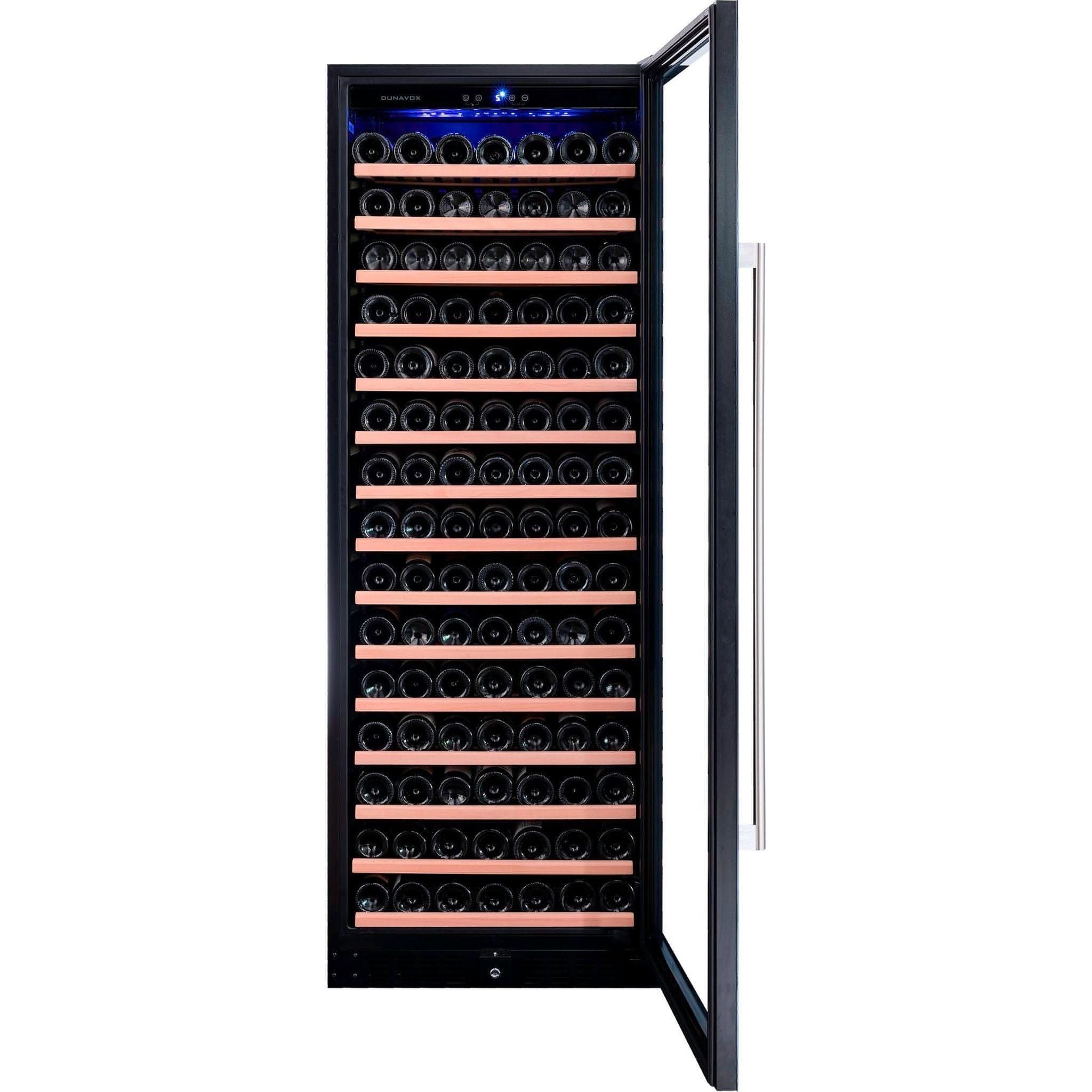Tempranillo is one of the most famous wines to come from Spain. It’s made famous by Rioja, where wines are partly classified by how long they age.
The amazing thing about Tempranillo is that this great wine ages for over 20 years. Here’s our complete guide to the ins and outs of Tempranillo wine.
What To Look For In Tempranillo
There are some things to watch for when tasting Tempranillo wine.
These are the signs that the wine is made to an excellent quality:
- While Tempranillo isn’t the reddest wine around, a high quality, youthful Tempranillo has a deeper red hue and a bright red rim.
- Good wine has high tannin levels and a noticeable acidity to it.
- Look for Tempranillo made from red fruits such as red and black cherries and raspberries. There should be subtle notes of savoury fruits such as red pepper and dried tomato.
- The best Tempranillo wine is aged in oak – either American oak or European oak. Look for wine that’s aged for at least 12 months.
- While the body of a good Tempranillo won’t get as rich as Cabernet Sauvignon, the wine is complex with several flavour layers from top to bottom. Expect a stunning taste experience from aged Tempranillo.
How Much Should You Spend On Tempranillo?
It’s hard to say how much you should spend on this wine.
There’s a wide variety in prices. On the cheap end of the spectrum, you can get a jug of “vino tinto” from a Spanish supermarket for just a few Euros.
Of course, better quality Tempranillo sells for more. You can expect to spend a few hundred dollars on high quality wine aged for several decades.
Food Pairing Options
Aged Tempranillo wine is bolder and works well with steak, burgers, and racks of lamb. Fresher wine works well with tomato-base dishes and baked pasta.
Tempranillo Wine Fun Facts
- Tempranillo is the number one red wine grape in Spain
- The Rioja region is famous for its Tempranillo wines
- Tempranillo is a wine known by many names. In Portugal they call Tempranillo “Tinta Roriz” and “Aragonéz”
- High-quality Tempranillo ages for over two decades
- Tempranillo grapes are used in Port – where it’s called Tinta Roriz
- There is a rare mutation that causes Tempranillo grapes to turn white. The mutation is known as Tempranillo Blanco and it’s found in Rioja Baja
- Tempranillo vineyards turn a beautiful shade of red during the fall
- There could be more Tempranillo in Southern and Central Italy than expected – it turns out that “Malvasia Nera” is Tempranillo
Where Does Tempranillo Grow?
One popular theory about Tempranillo says that the grape was brought to the Iberian Peninsula by the Phoenician civilization.
These days, Tempranillo grapes are known and distributed across Portugal and Spain and provide some of the best European wines.
The grapes are used in some of the most popular and well-known regional wines including Rioja, Ribera del Duero, and Port. However, the grapes are difficult to find outside of Spain and Portugal.
Tempranillo grapes are planted sparsely across Argentina, Australia, Southern France, Mexico, and the United States.
Here are a few regional Tempranillo variants to try.
- Rioja, Spain
Rioja in North-Central Spain has what many consider to be the golden standard of Tempranillo.
The reason the wine here is held in such high regard is that the best wines from the region age incredibly well.
Tempranillo becomes a polished red wine with rich fruit notes after ten years. At twenty years, the wine softens and becomes subtly sweeter with some dried fruit and nutty characteristics.
One thing to note about Rioja is how large – and productive – the region is. This variety means that there’s a wide range of wine qualities across the region.
Not all wines are meant to be aged. If you’re looking for a good place to start with Rioja Tempranillo, we recommend trying some “Reserva” Rioja.
This is your gateway into the history and style of Rioja red wine.
Rioja Tempranillo is classified in a few different ways. It is classified by either the aging regime or the regional specificity.
- Ribera del Duero and Toro, Spain
The people of Ribera del Duero like to say “ten months of winter and two months of hell.” The region has an extremely hot growing season that’s also shorter by comparison to other areas.
This, combined with the sandy clay and chalk-limestone marls of the soil, lead to a richer style of wine in the area.
Tempranillo wine in Ribera del Duero is also called “Tinta del Pai” which translates to “Country Red.”
Travel up the river and you’ll reach Toro; a region by the Portuguese border. Those in the region often refer to Tempranillo as “Tinta de Toro.”
The wine is made into a similar rich style as in other regions. The wines are harder to get than Riber del Duero and are noted for having robust and grippy tannins.
Toro is the place to go to explore more Tempranillo wines if you are a collector or enthusiast.
- Tempranillo Terroir
You aren’t limited to just Rioja and Ribera del Duero if you’re looking for Tempranillo. Here are other observations about what makes for great Tempranillo terroir:
- Tempranillo is a productive and relatively drought-resistant grape. The best places to grow the fruit are have moderately poor soils to better limit production and prevent too many grapes growing.
- Tempranillo is known for having a higher tannin count and a deeper colour when you grow it in clay-based soils. Higher crop yields reduces the overall intensity of the harvest.
- Cooler temperatures at night cause Tempranillo bunches to tighten and stay tight, helping to maintain acidity and tannin structure as the grapes ripen.
- Tempranillo is a thin-skinned sensitive grape. These grapes like to be protected against the wind and loves to grow in the bright sunlight.
Now you know more about this incredible wine, it’s time to grab a bottle of the good stuff for yourself.
If you want to store Italian wines, be sure to get an expert wine storage unit. Storing your wine at the right temperature is important, regardless of whether you’re housing small or large bottle collections. EXPO is a leading wine storage brand that designs an array of different wine walls.
Wine walls are the perfect storage system to use if you want to display your collection. Why spend so much time collecting wine to hide it away? Wine walls allow you to display your bottles in either your home or commercial space.
Expo is a market leader in the wine wall and wine cooler industries, to find out more about EXPO, feel free to contact a member of our team.
Don’t forget to get a wine cooler to store it in!





